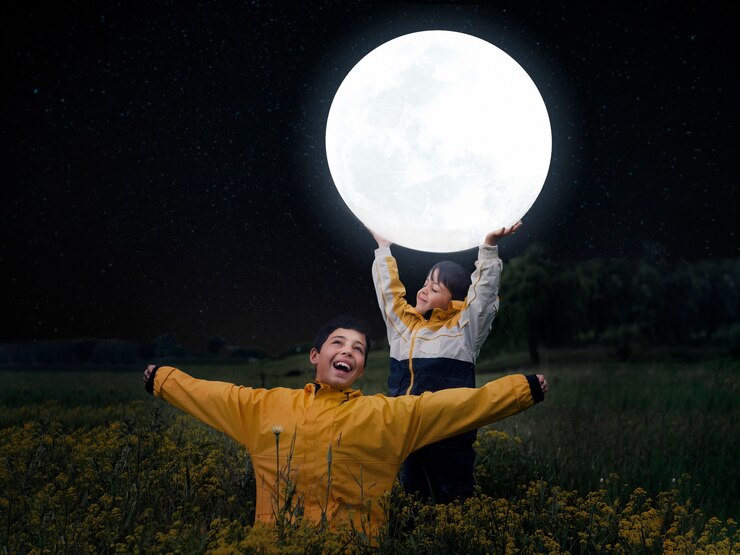Question
What exactly is Eid? Does it begin in the morning or the evening?
Bottom Line
Eid begins after sunset of the last day of Ramadan (for Eid al-Fitr) or after the Day of ʿArafah (for Eid al-Adha), but the main prayer and celebration happen the next morning.
Quick Answer
Islamic days begin at Maghrib (sunset). So Eid technically starts the night before, right after the moon is sighted. However, the core acts of worship, Eid prayer, khutbah, and public celebration, are observed in the morning.
Key Takeaways
- Eid begins at Maghrib of the previous day with moon sighting.
- The night is for takbīr, preparation, and worship.
- The Eid prayer and khutbah are performed the next morning.
- Celebration continues through the day, and for Eid al-Adha, up to three days after (Ayyām al-Tashrīq).
Detailed Answer
In Islamic law, days start from sunset. Thus, when the moon is sighted at the end of Ramadan, Eid al-Fitr begins right away. Similarly, Eid al-Adha starts at sunset on the 9th of Dhul-Hijjah (after ʿArafah). That night, Muslims are encouraged to recite the takbīr:
“Allahu Akbar, Allahu Akbar, la ilaha illa Allah; Allahu Akbar, Allahu Akbar, wa lillahil-hamd.”
The Prophet ﷺ said: “They (the days of Eid) are days of eating, drinking, and remembrance of Allah.” Sahih Muslim 1141a
The actual Eid prayer is held in the morning after sunrise and before noon. This is when the community gathers, listens to the khutbah, and prays together. The Sunnah acts of Eid, wearing best clothes, eating before Eid al-Fitr prayer, and offering sacrifice on Eid al-Adha, are tied to the morning of Eid day.
Eid Night vs Eid Day
- Eid Night (after sunset): Takbīr begins, families prepare, and charity (zakat al-fitr) must be given before Eid prayer.
- Eid Morning: Eid prayer, khutbah, sacrifice (on Eid al-Adha), visiting relatives, and celebration.
What This Means for You
Eid technically begins at sunset the night before, but its main acts of worship and community spirit are in the morning. Use the night for remembrance and the day for prayer, joy, and connection.
And Allah knows best.
References
Primary Sources
Qur’an
- Al-Baqarah 2:185: Allah instructs completing Ramadan and glorifying Him after it ends.
Hadith
- Sahih Muslim 1141a: Eid days are for eating, drinking, and remembering Allah.
Secondary Sources
- Ibn Qudamah, al-Mughni: Explanation of when Eid begins and prayer timing.
- Al-Nawawi, Sharh Sahih Muslim: Commentary on Eid hadith and its timing.
Was this helpful?
Leave Your Comments
© Copyright 2025, All Rights Reserved

